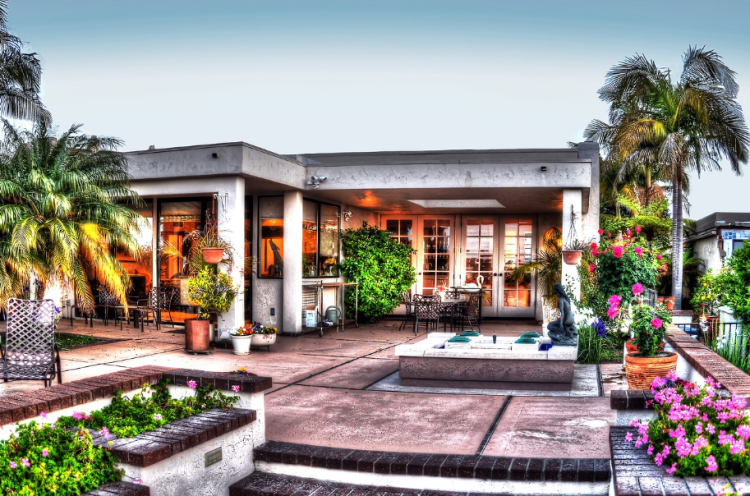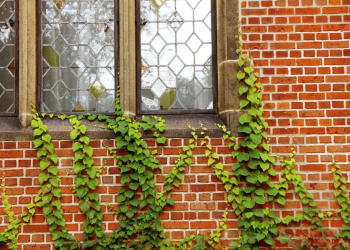Homeowners often embark on renovation projects with the goal of enhancing their living space and increasing property value. However, not all renovations yield the same return on investment (ROI). In this article, we’ll explore strategies for maximizing the value of your home improvements and ensuring a high ROI.
Understanding Renovation ROI
ROI, or return on investment, is a critical factor to consider when planning home renovations. It measures the financial benefit gained from an investment relative to its cost. In the context of home improvements, ROI reflects the increase in property value resulting from renovations compared to the amount invested.
Identifying High-ROI Renovation Projects
Not all renovation projects offer the same potential for ROI. Some upgrades have a more significant impact on home value than others. Kitchen renovations, for example, are known to provide a high ROI, as they are often considered the heart of the home and a focal point for buyers.
Kitchen Renovations
A modern, updated kitchen can significantly increase the appeal and value of a home. Focus on elements such as countertops, cabinetry, and appliances to achieve the greatest ROI. Consider cost-effective upgrades like painting cabinets or replacing hardware for a fresh look without breaking the bank.
Bathroom Upgrades
Bathrooms are another area where renovations can yield a high ROI. Simple upgrades like replacing fixtures or updating tile can make a big difference in perceived value. Consider investing in energy-efficient fixtures to appeal to eco-conscious buyers and further enhance ROI.
Curb Appeal Enhancements
First impressions matter when selling a home, making curb appeal essential for attracting buyers. Invest in landscaping, exterior painting, and front door upgrades to create an inviting facade. These relatively inexpensive improvements can have a significant impact on ROI by increasing buyer interest and perceived value.
Energy-Efficient Improvements
With growing awareness of environmental issues, energy-efficient homes are in high demand. Investing in upgrades such as insulation, energy-efficient windows, and smart thermostats can not only reduce utility costs but also boost the value of your home. Buyers are willing to pay a premium for energy-efficient features, making these upgrades a smart investment.
Smart Home Technology
Integrating smart home technology into your renovations can further enhance ROI. Smart thermostats, lighting, security systems, and appliances appeal to tech-savvy buyers and add a modern touch to your home. These upgrades may require a higher upfront investment but can pay off in increased property value and marketability.
Open Floor Plans and Space Optimization
Modern homebuyers value open, airy spaces that promote flow and connectivity. Knocking down walls to create open floor plans or optimizing existing space through strategic layout changes can increase the perceived size and functionality of your home. These renovations can translate into higher resale value and ROI.
DIY vs. Professional Renovations
While DIY renovations can save money upfront, they may not always offer the best ROI. Complex projects or those requiring specialized skills are often best left to professionals to ensure quality results. Evaluate the scope of your renovation project and weigh the potential cost savings against the value of professional expertise.
Budgeting and Cost Management
Setting a realistic budget for your renovation project is essential for achieving a favorable ROI. Research costs, obtain multiple quotes from contractors, and factor in unexpected expenses to avoid overspending. Keep track of expenses throughout the renovation process to ensure you stay within budget and maximize ROI.
Market Trends and Buyer Preferences
Stay informed about current market trends and buyer preferences to ensure your renovations align with market demand. Features that are popular with buyers, such as smart home technology or sustainable materials, are likely to yield a higher ROI. Tailor your renovations to meet the expectations of potential buyers in your area.
ROI Calculations and Evaluation
Calculating ROI on home renovations involves comparing the cost of the renovation to the increase in property value it generates. While some improvements may have a higher upfront cost, they can also deliver a greater return in terms of increased resale value. Evaluate the success of your renovation projects based on ROI to inform future investment decisions.
Long-Term vs. Short-Term ROI
When considering home renovations, it’s essential to balance short-term returns with long-term value appreciation. While some upgrades may offer immediate ROI, others may contribute to the overall desirability and resale value of your home over time. Take a strategic approach to renovation planning to maximize both short-term and long-term ROI.
Conclusion
In conclusion, maximizing the value of your home improvements requires careful planning and consideration of ROI. By focusing on renovations with high potential returns, such as kitchen and bathroom upgrades, curb appeal enhancements, and energy-efficient improvements, you can increase the resale value of your home and enjoy a favorable ROI. Invest wisely in renovations that align with market trends and buyer preferences, and you’ll reap the rewards when it comes time to sell.

FAQs:
- How can I determine the ROI of a renovation project?ROI is calculated by dividing the increase in property value resulting from the renovation by the cost of the renovation. You can consult a real estate agent or appraiser for assistance in estimating the potential ROI of your renovation projects.
- What are some cost-effective ways to boost curb appeal?Simple enhancements like painting the front door, adding landscaping, and installing outdoor lighting can make a big impact on curb appeal without breaking the bank.
- Are there any renovations that typically have a low ROI?While every home and market is different, renovations like swimming pools or overly personalized features may not appeal to all buyers and could have a lower ROI.
- How long does it typically take to recoup the cost of a renovation through increased property value?The timeline for recouping the cost of a renovation can vary depending on factors such as the local real estate market, the quality of the renovation, and overall market conditions. In general, some renovations may offer a quicker return on investment than others.
- Should I prioritize renovations based on personal preference or potential ROI?It’s important to strike a balance between personal preferences and potential ROI when planning renovations. While you should certainly consider your own enjoyment of the space, focusing on renovations with high ROI can help maximize the resale value of your home.






